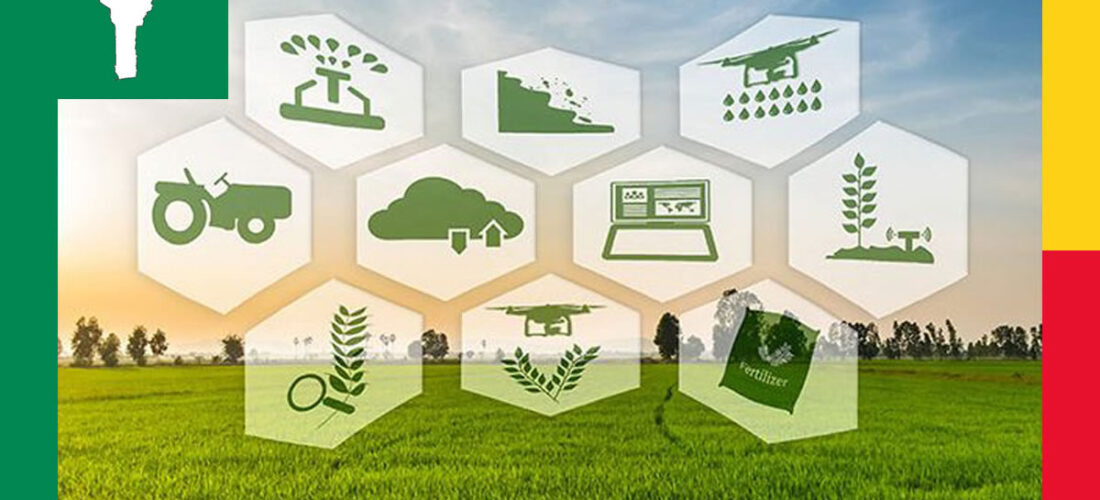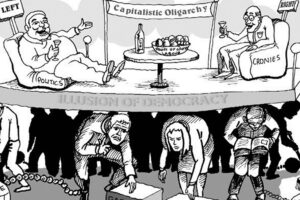While developed countries that are the most responsible for climate change have been bracing themselves for alternative policy on industrialization and on issues such as transport, consumption and so on, developing world has been waiting for developed one to finance its policy aiming at reducing greenhouse emission. Copenhagen climate summit’s failure indicates that Africans’ expectations may never be met in a near future. In that case, what should the policy of African governments be? Benin, is one of the African developing countries which are going to be hit the most by the potential disasters resulting from global warming, yet has still been relying on cotton production as her main export goods causing more damage to the environment.
Cotonou, Benin biggest city in terms of demography is the scene of smoking motorbikes and in the farmlands in northern region, wildfire made to prepare lands for farming is common despite the growing concern about global warming resulting in serious environmental damage. It looks like neither the ordinary citizens nor the leaders in Benin are aware of this challenge facing the world.
In Benin, people still believe that witchcraft and sorcery can provoke the drop of rainfall. This may be the reason why the reduction in the rain causing the domestic foods production to fall does not seem to worry people as it should.
FAO Regional Conference for Africa (ARC) 26th Session, which was held in Luanda (Angola), from 3 to 7 May 2010, pointed out the threats facing the developing nations of Africa. According to the report issued by FAO, African countries will suffer the most from the global warming. The severe drought, the rise of sea level may lead to the disappearance of large portion of fertile lands. Land disputes or conflicts generated by this environmental damage will put instability and peace in jeopardy.
However, many African governments still hope to combat poverty by encouraging the production of crops to meet the industrial demands of developed countries. Boni YAYI, since he came in office in Benin, has been wasting billions of CFA francs to promote cotton production which is no longer competitive due to the subsidizes given by western governments to their farmers. Moreover, because of the reduction of rainfall, the cotton production has been decreasing significantly. A journalist of a local newspaper, La Presse du Jour, in an article issued on April 02, 2010, wrote this:
“According to statistics, from 2006 to today, around 92 billion CFA francs has been spent by the government on cotton production in an attempt to boost it. Despite this heavy investment, which should increase domestic production, it has fallen for more than 65%.”
This is a policy that does not seem to reverse soon for cotton farmers’ lobby is one of major protagonists involved in Benin politics and no politician dare to lose their support.
However, this has to change because the consequences of inactions will be far worse than the consequences of actions. Benin politicians must take responsibility in combating climate change.


















